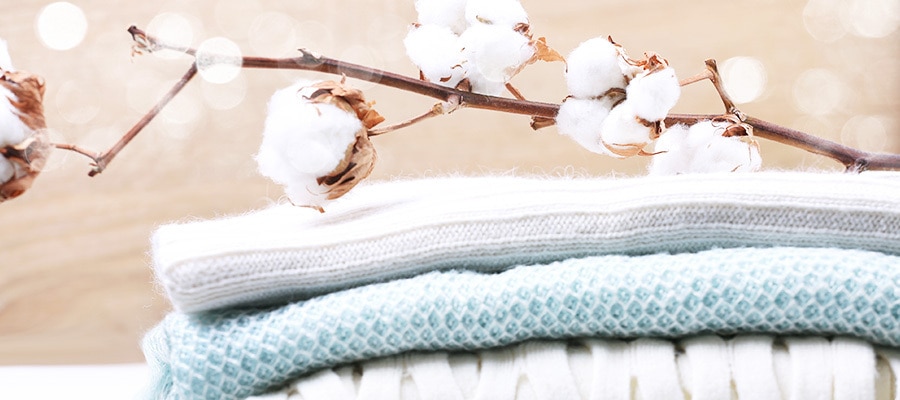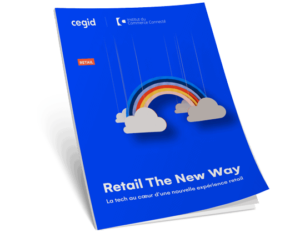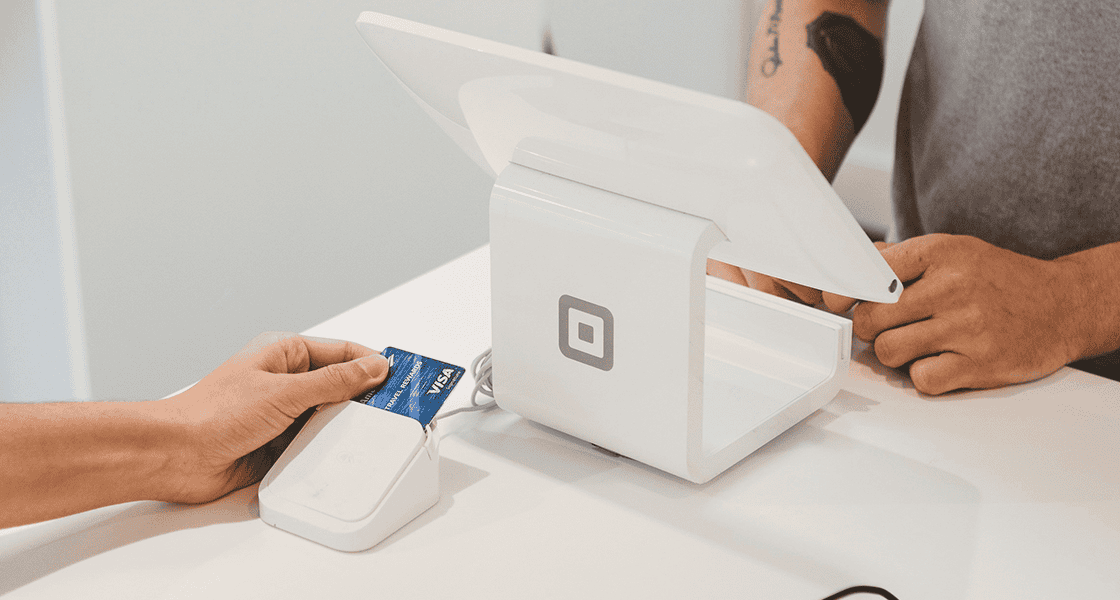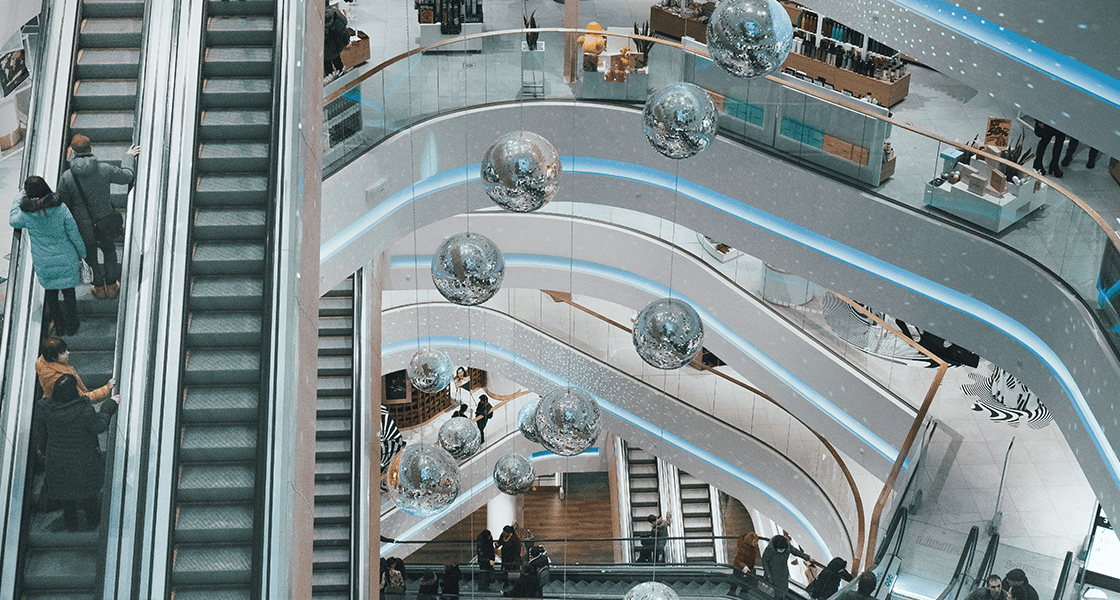Retail & Distribution
Fashion a sustainable future – The green pound and the rise of ethical fashion
2 September 2020

Brands such as Whistles and Patagonia have always had sustainability in their DNA and are valued by their customers for this, but in the last 3-5 years, sustainability has gone mainstream, connected principally to a growing recognition that the time available to saving the planet from the ravages of human activity is running out.
In the face of criticism from consumers about the cost to the environment of producing clothes, the low wages paid to factory workers and poor waste management, retailers have responded with a range of creative and sustainable initiatives, some of which were already in place but which have now been pushed to the fore.
Many fashion brands have found themselves in the firing line for a lack of sustainability because of the environmental impact of clothing production – one in particular has caught everyone’s attention, that it can take up to 2,700 litres of water to make one T-shirt. Levi’s faced similar criticism and has launched its Water˂Less collection reducing water use by 96% while RentTheRunaway’s rental model means garments are reused many times.
The five issues affecting sustainability
- Water: There is more demand for fresh water for drinking and agriculture than is currently available, given so much is salt water or polluted.
- Hazardous chemicals: Dyes and finishes used in production are dangerous to workers and can leach into community water sources.
- Short lifecycle: Brands are blamed for fuelling demand by constantly launching new collections, creating a bigger pile of unwanted clothing.
- Waste: From both primary production and once clothes are worn out or damaged.
- Agriculture: Natural fibres such as cotton are generally grown using pesticides and treatments that are harmful to the farmers, workers, and wildlife.
Transparent fashion
According to the Fashion Transparency Index, the majority of brands and retailers lack transparency on social and environmental issues. In the 2020 study, more than half of brands (54%) scored 20% or less. Despite this, there were fewer low-scoring brands compared to 2019. For example, 28% of brands scored 10% or less in 2020, compared to 36% of brands in 2019. However, Fashion Revolutions said that it was seeing many brands take steps towards greater transparency; out of the 98 brands it has reviewed since 2017, it has seen their average score increase by 12 percentage points.
An early target for consumers over a lack of action and transparency was Burberry when it was discovered that unsold stock was being destroyed. Since then, Burberry has been working to reuse, recycle or repair unused stock, to the extent of working with Elvis & Kresse to use leather left over from primary production to make accessories, as well as donating 50% of profits to charity.
Both luxury and value brands are under the public spotlight; The T-shirt among other items have come to be classified as fast fashion, which is defined as clothing that is cheaply made and intended for short-term use, whereas sustainable or ethical fashion is sometimes referred to as slow fashion, from design, sourcing and production all the way to re- or up-cycling.
In short, retailers and brands are now wearing their sustainable credentials on their sleeves. However, the fashion industry is full of brands that are making green claims, whilst using words like sustainability and carbon footprint, but with few proof points. More and more now walk the talk; shoe brands, Allbirds and Adidas, rather than compete, have teamed up to produce a zero-carbon shoe, for example.
Read the latest ebook on retail trends: Retail The New Way.

Sources
https://www.fashionrevolution.org/about/transparency/
https://www.voguebusiness.com/sustainability
https://www.mckinsey.com/industries/consumer-packaged-goods/our-insights/mckinsey-2020-global-consumer-sentiment-survey-a-tale-of-two-segments
Premium Beauty News
https://www.premiumbeautynews.com/en/natura-co-unveils-new,16832
https://www.goodhousekeeping.com/clothing/g27154605/sustainable-fashion-clothing/


